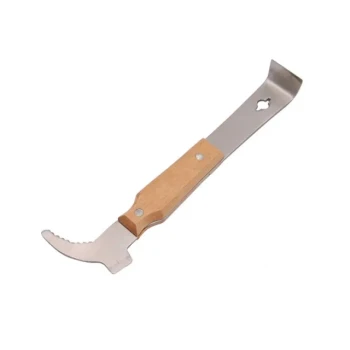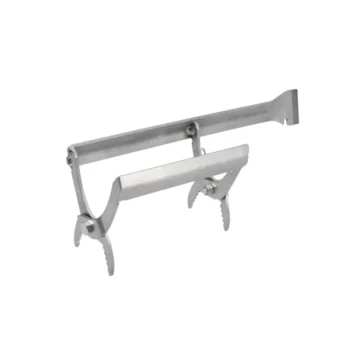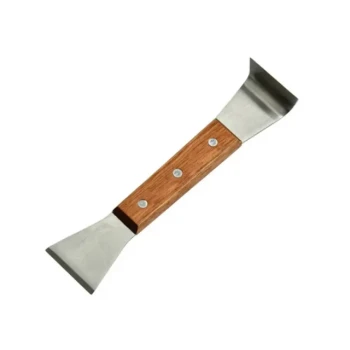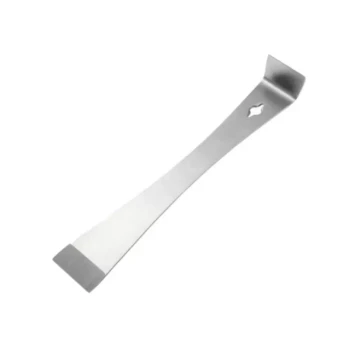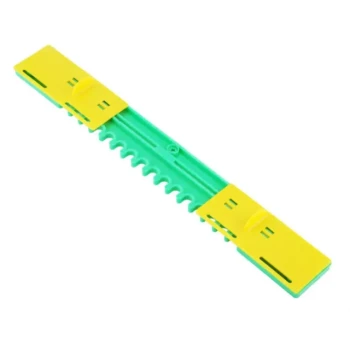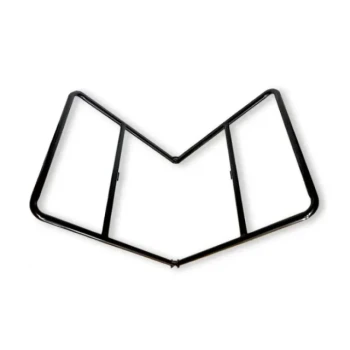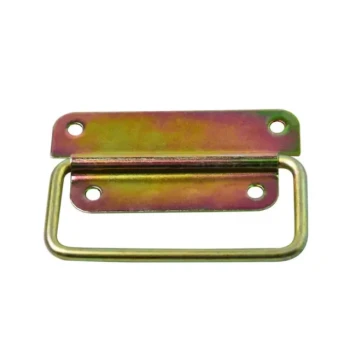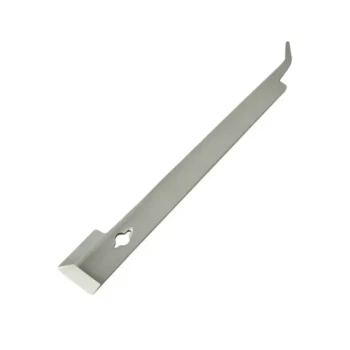Knowing when to stay out of a hive is as critical as knowing when to go in. You should not open a beehive during cold, windy, or rainy weather, as this can fatally chill the developing brood and put immense stress on the colony. Similarly, avoid inspections late in the day or when the colony is already highly agitated, as this significantly increases defensive behavior.
The core principle is this: every hive inspection is a disruptive event. Your goal as a beekeeper is to minimize that disruption, intervening only when necessary and under conditions that protect the colony’s carefully regulated internal environment.
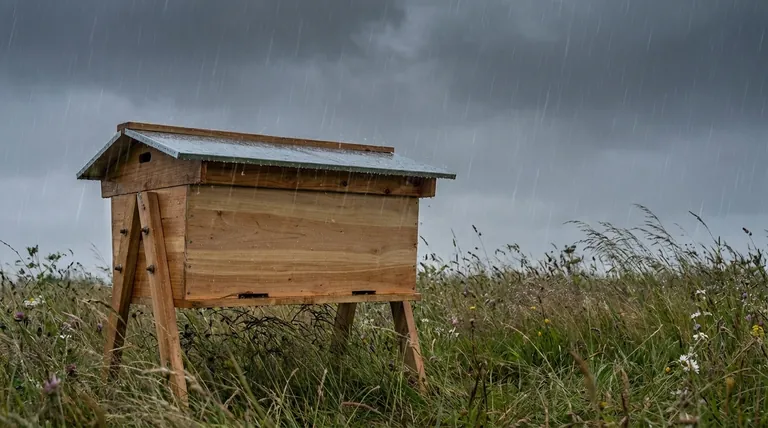
The Hive's Delicate Balance
A beehive is more than a box of insects; it's a superorganism with a precisely controlled atmosphere. Opening the hive shatters this balance, forcing the bees to work hard to recover.
Regulating Temperature and Humidity
A colony maintains its brood nest at a consistent temperature, typically between 93-95°F (34-35°C), regardless of the outside weather.
Opening the hive is like tearing the roof off an incubator. Cold air, especially when driven by wind, can rapidly chill the brood, killing larvae and pupae.
The bees must expend significant energy and consume valuable resources to reheat the nest, diverting them from foraging and raising new bees.
Disrupting Pheromone Communication
Bees communicate primarily through chemical signals called pheromones, especially the queen's mandibular pheromone (QMP).
This chemical signature tells the colony that the queen is present and laying, maintaining social cohesion. An inspection can disperse these delicate signals, causing temporary confusion and stress.
Triggering a Defensive Response
An inspection is perceived as a major attack by a large predator. This triggers a colony-wide defensive response.
Guard bees release alarm pheromones, and bees that would otherwise be foraging or tending to brood are diverted to defend the colony, reducing its overall productivity.
Critical "Do Not Open" Conditions
Certain environmental and hive-specific cues are clear signals to postpone an inspection. Ignoring them can harm your bees.
Unfavorable Weather: Cold & Wind
The most common mistake is inspecting a hive when it is too cold or windy. A stiff breeze has a dramatic wind-chill effect inside the hive.
Even on a moderately warm day, wind can make the bees extremely defensive and difficult to manage. The reference to a "stiff breeze" is a critical warning; it can turn a routine check into a damaging event.
Unfavorable Weather: Rain & High Humidity
Never open a hive in the rain. Water getting into the brood nest is a major threat that can chill the colony and promote disease.
Rain also keeps all the foragers at home. This leads to a crowded, irritable, and highly defensive colony that is much more challenging to inspect.
The Wrong Time of Day
The ideal time for an inspection is during the warmest part of a calm, sunny day, typically from late morning to mid-afternoon.
At this time, a large portion of the forager bees are out of the hive, reducing traffic and defensiveness. Inspecting in the late evening means you are dealing with the full population.
Common Beekeeper Pitfalls to Avoid
Good intentions can often lead to poor outcomes. Understanding these common mistakes is key to becoming a better beekeeper.
The "Just Checking" Inspection
Every inspection must have a clear purpose. Opening the hive too frequently "just to check" sets the colony back by constantly forcing them to repair and re-regulate their home.
Trust the bees. Observe their activity at the entrance to gauge their health before deciding if an internal inspection is truly necessary.
Overusing the Smoker
Smoke is a tool for communication, not a weapon. Its purpose is to mask the alarm pheromone and encourage bees to consume honey, making them calmer.
As the reference notes, over-smoking overwhelms the colony. A few gentle puffs at the entrance and under the cover is all that is typically needed. Excessive smoke can taint honey and cause unnecessary stress.
Ignoring the Colony's Mood
Bees will tell you if it's a bad day for an inspection. If you approach the hive and bees are acting unusually defensive, bumping your veil, or roaring loudly, take the hint.
There is a reason for their agitation—perhaps a recent predator attack or poor weather—and proceeding with an inspection will only make things worse.
Making the Right Choice for Your Hive
Deciding whether to open the hive is a judgment call that weighs the need for information against the cost of disruption.
- If your primary focus is colony health and growth: Prioritize ideal weather conditions and only perform purposeful inspections to minimize stress and potential brood loss.
- If you are facing an urgent problem (like suspected starvation or pests): You may need to accept the risk of a suboptimal inspection, but work quickly and efficiently to mitigate the immediate threat.
- If you are a new beekeeper eager to learn: Schedule your inspections for warm, calm, sunny days and resist the urge to open the hive "just to look" during poor conditions.
Ultimately, responsible beekeeping is about balancing necessary intervention with the wisdom to let the colony thrive undisturbed.
Summary Table:
| Do NOT Open a Hive When... | Primary Risk to the Colony |
|---|---|
| Weather is Cold & Windy | Fatal chilling of brood; immense stress on bees. |
| It is Raining or Humid | Water enters the brood nest, promoting disease. |
| Late in the Day or Evening | Full bee population is home, increasing defensiveness. |
| Bees are Already Agitated | Triggers a major defensive response, reducing productivity. |
| You Have No Clear Purpose | Constant disruption forces bees to waste energy repairing the hive. |
Ensure Your Apiary Thrives with the Right Equipment
Protecting your bees from unnecessary stress starts with using high-quality, durable equipment designed for efficient and minimally invasive hive management. HONESTBEE supplies commercial apiaries and beekeeping equipment distributors with the reliable tools needed for successful, responsible beekeeping.
Let us help you safeguard your investment. Contact our wholesale experts today to discuss your apiary's specific needs and discover how our beekeeping supplies can support your colony's health and productivity.
Visual Guide
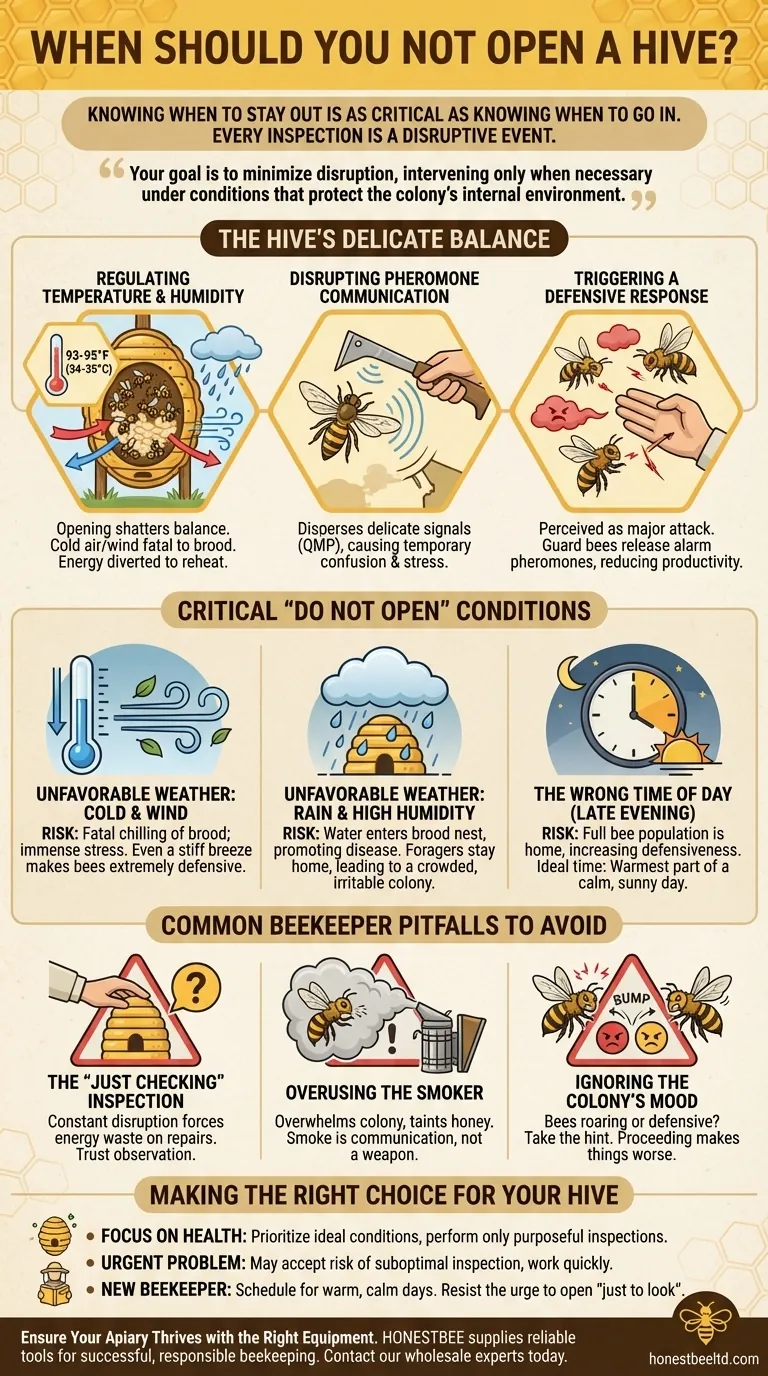
Related Products
- Long Langstroth Style Horizontal Top Bar Hive for Wholesale
- Langstroth Bee Hives Bee Keeping Box for Beginners Beekeeping
- HONESTBEE Advanced Ergonomic Stainless Steel Hive Tool for Beekeeping
- HONESTBEE Professional Multi-Functional Hive Tool with Ergonomic Wood Handle
- HONESTBEE Professional Long Handled Hive Tool with Precision Cutting Blade
People Also Ask
- What is the significance of industrial freezers for protein-based bee products? Ensure Bioactivity & Safety
- How can moisture be prevented from getting into honey? Expert Tips to Avoid Spoilage and Fermentation
- What are the primary functions of IoT devices in beekeeping? Optimize Your Apiary with Real-Time Precision Management
- What physical properties of Tree Trunk Hives contribute to protection? Achieve Natural Resilience and Thermal Stability
- What are the essential items needed to start beekeeping? A Beginner's Guide to Must-Have Beekeeping Equipment
- How does Fiehe's reagent function in the honey testing process? Ensure Honey Purity and Quality Control
- How can advanced beekeeping monitoring tools assist in the prevention of CCD? Data-Driven Colony Protection
- What are the essential tasks involved in the long-term maintenance of a honeybee colony? Expert Beekeeping Guide



